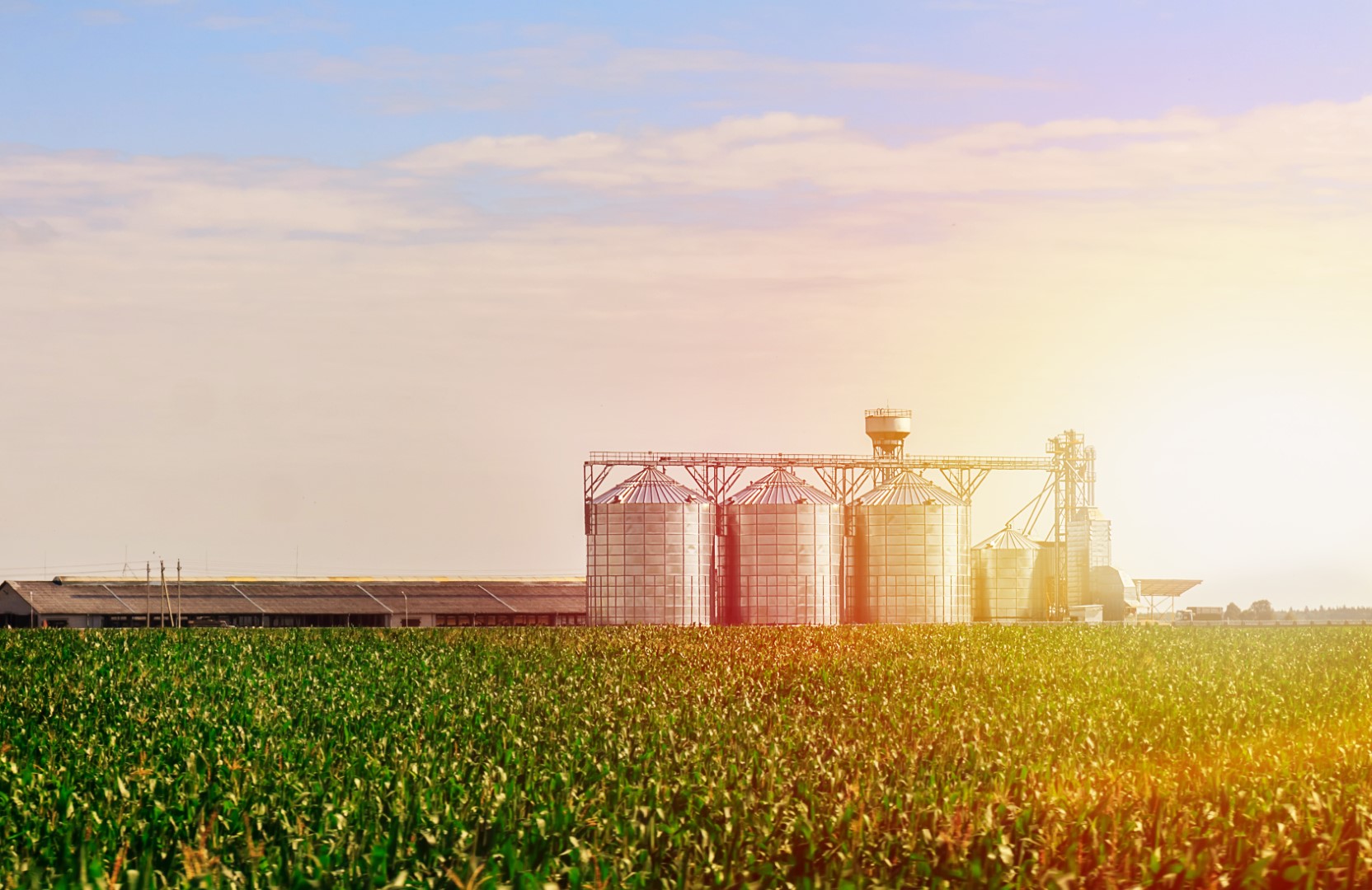Professional farm management can be misunderstood due to the various roles a farm manager can play. These roles can include directly operating the farm, providing advice to the farmer, or working for a landowner. However, in general, a property manager in real estate is primarily responsible for collecting rent, paying bills, and administering property leases. A property asset manager goes beyond the duties of a property manager, actively working to enhance the value of a property for the owner or investor through their expertise in various fields such as business, brokerage, management, economics, finance, and accounting. They are deeply involved in all aspects of the property and use their diverse skill set to maximize its potential. This is the type of service that we specialize in at Glaub Farm Management, as well as what is expected of Accredited Farm Managers.
The complexities of agriculture drive the asset manager’s crucial role in helping landowners to make informed decisions about their agricultural assets. These professionals are responsible for managing and maximizing the value of agricultural land and assets, including farms, ranches, and other rural properties.
As an agricultural asset manager, the main responsibility is to devise and execute strategies that enhance the profitability and efficiency of a landowner's assets, all while aligning with their ownership goals. It is essential to approach the role with a strategic mindset and act as if the assets are one's own. This may involve identifying opportunities for diversifying crop options, increasing crop yields, increasing the land attractiveness to top operators, mitigating risk, controlling expenses, or expanding the use of the land for other purposes, such as renewable energy production, wildlife enhancement or recreation activities.
In addition to developing strategies for improving the performance of agricultural assets, agricultural asset managers also play a key role in identifying and securing funding options for projects and investments. This may include securing loans, grants, or other forms of financing to support the development and expansion of agricultural operations. As an example, an agricultural asset manager may review and apply for cost-share programs offered by the United States Department of Agriculture, such as the Environmental Quality Incentives Program, to maximize the profitability and efficiency of a landowner's assets.
Agricultural asset managers also play a crucial role in helping landowners navigate the complex regulatory environment surrounding agricultural production. This may include helping landowners obtain necessary permits, comply with environmental regulations, and manage their assets in a sustainable manner.
Agricultural asset management may involve taking on the roles of teacher and psychologist at times, providing guidance and support to owners and their families as they navigate the world of farming and land ownership. This can include educating them on land markets, asset valuations, rental agreements, and the importance of understanding the desire of each stakeholder to develop successful business and succession plans. By helping owners and their families understand the intricacies of the farming industry, agricultural asset managers can play a crucial role in the success and sustainability of their operations
Overall, agricultural asset managers serve as trusted advisors and partners for landowners, helping them make informed decisions about their agricultural assets and implementing actions to achieve ownership goals.


